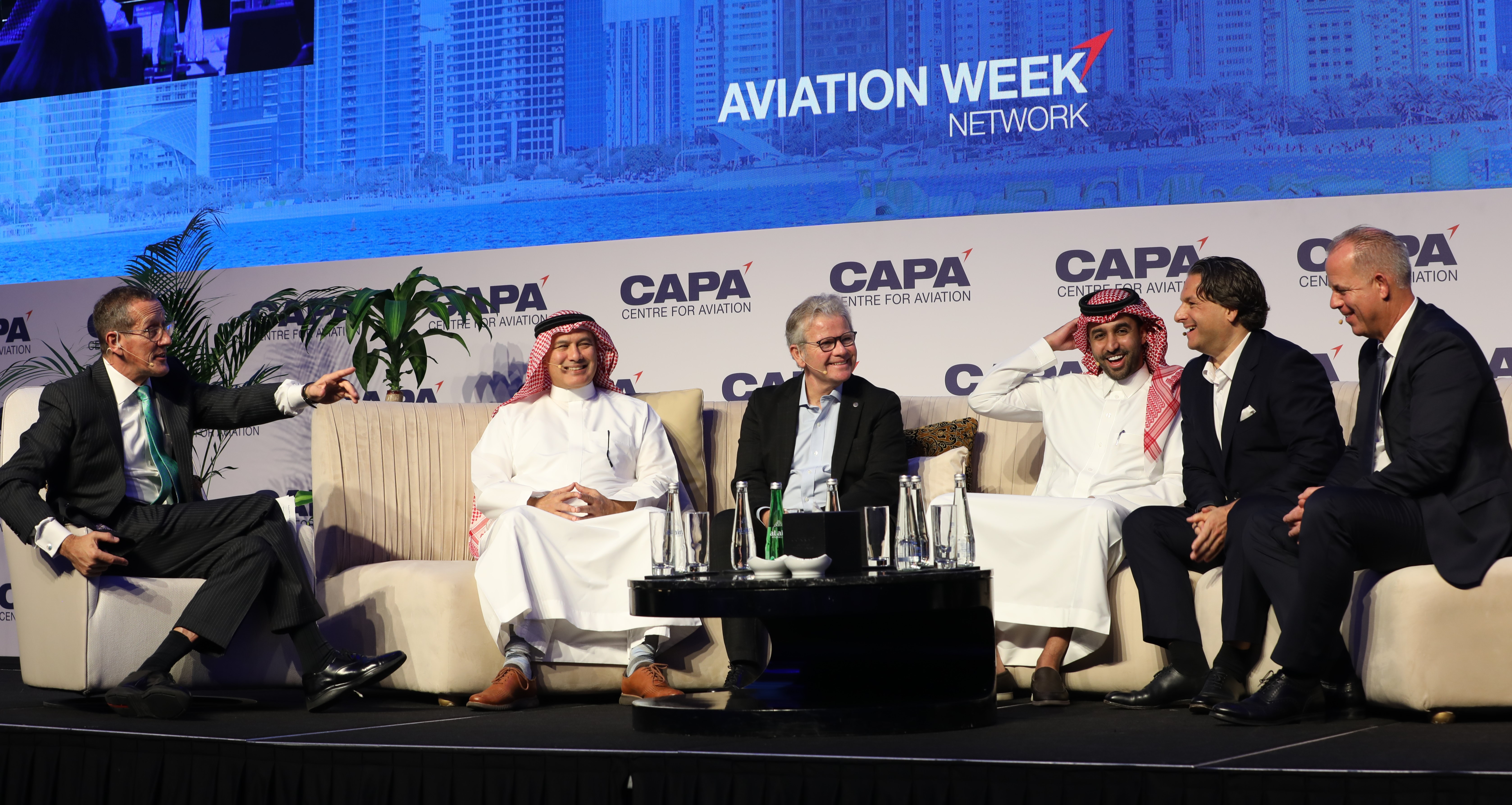The aircraft leasing sector emerges resilient as one of the most robust segments in the air transport industry, seizing an expanded role post-pandemic. Despite the airline industry grappling with heavy debt, leasing companies have played a pivotal role in aircraft financing, accounting for over 50% of financing for Original Equipment Manufacturer (OEM) deliveries during the pandemic and around 60% in 2022.
Leasing Companies Dominance
Leasing companies now control more than 50% of the global commercial airline fleet, reflecting their increasing dominance in the industry. A surge in sale-and-leaseback agreements has become a popular strategy for cash-strapped airlines aiming to reduce liabilities and enhance short-term liquidity.
Challenges and Opportunities
The leasing sector faces challenges amid rising global interest rates, impacting lease rates for aircraft. While lease rates have risen, there is a natural lag due to the small proportion of renewals each year. Leasing firms have built liquidity reserves during low-rate periods, primarily through accessing unsecured bond markets. However, the maturity profiles of some lessors necessitate new issuances at a higher cost of capital or diversification of financing sources.
The Russia-Ukraine conflict has introduced further complexities, with more than 400 lessor-owned aircraft remaining in Russia, unlikely to be recovered. This has led to risk-averse segments, such as asset-backed securitisations, being walled off as a financing source.
Outlook and Insights from CAPA’s World Aviation Summit
A panel discussion at CAPA’s World Aviation Summit in Abu Dhabi explored the outlook for commercial aircraft financing. Moderated by Jonathan Wober, Chief Financial Analyst at CAPA, the discussion featured insights from industry leaders, including TAP CFO Goncalo Pires, Avolon Chairman Asia Pacific & Middle East Simon Hanson, and Etihad CFO Raffael Quintas.
Key topics covered included strategies for airlines to rebuild credit ratings amid heavy debt loads, lessors’ ability to absorb higher debt costs while funding global fleet deliveries, the evolving landscape of alternative financing options, and the integration of Environment, Society, and Governance (ESG) considerations into aircraft financing.
As the aviation industry witnesses a fundamental shift, understanding the strategic and competitive landscape remains crucial. The upcoming CAPA Airline Leader Summit World & Awards for Excellence, scheduled for 21-22 November 2024 in Belgrade, Serbia, promises to offer a global perspective on the industry’s direction, featuring discussions on transformative changes shaping airlines, airports, and sector suppliers.
Tags: aircraft financing, CAPA's World Aviation Summit, World Aviation Summit
